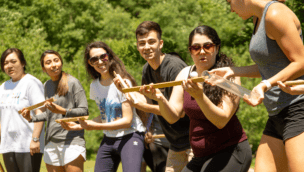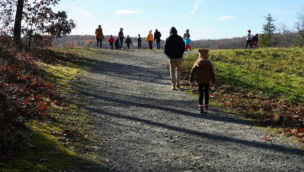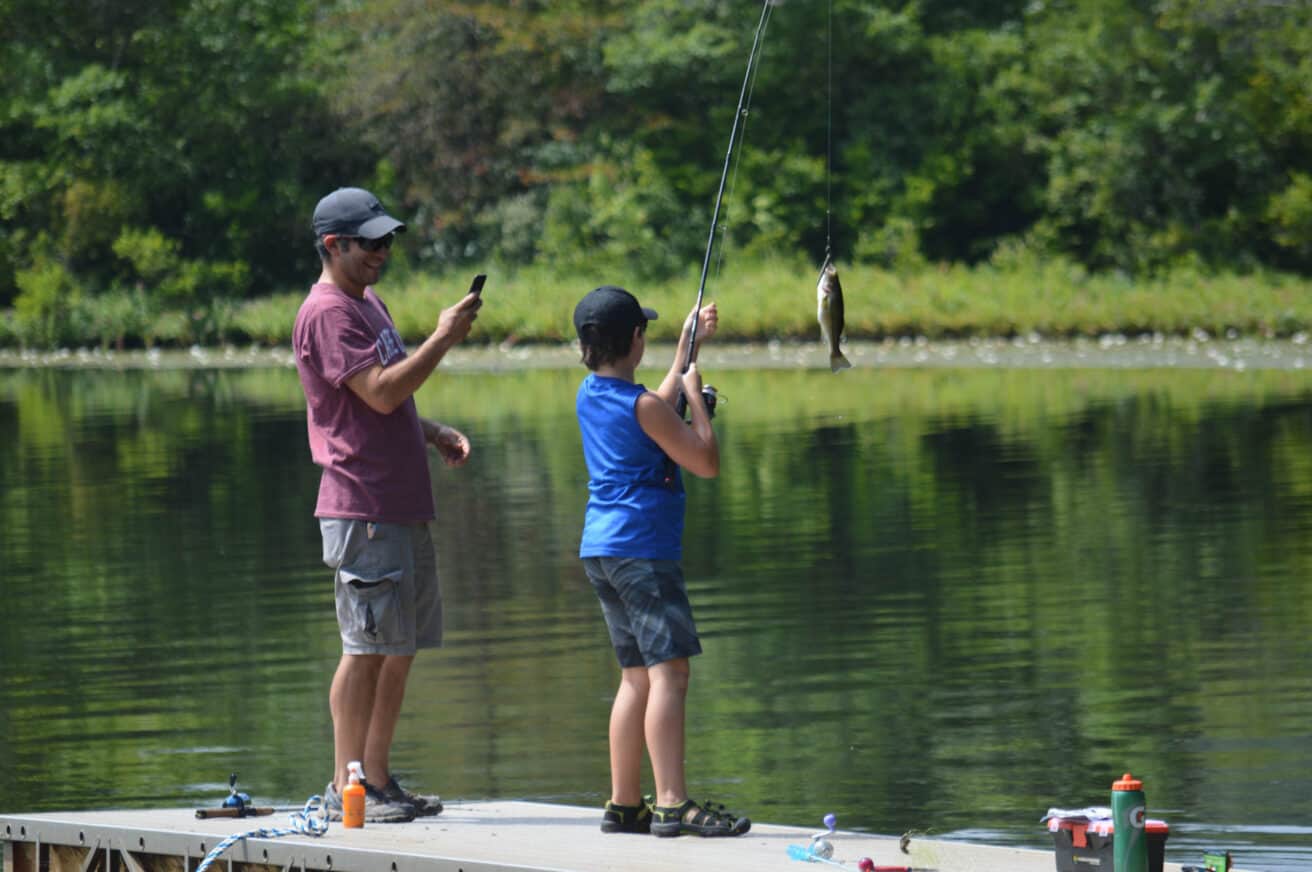Some camps (including Hale) open enrollment long before summer, so it’s never too early for parents to begin thinking about what their children are going to do all day during those months off from school. You certainly don’t want them sitting around playing video games, but if you’re a working parent, you likely can’t take off the entire summer to make sure they’re spending time in the great outdoors, either.
That’s where local camps come in—and some programs can even serve your entire family. With so many options to choose from, you might appreciate some guidance. Here are three key factors to consider when picking a day camp.
Research the camp’s reputation
Reviews and ratings can be helpful. Feedback often reveals specific activities, and it can even provide a broad overview of a camp, but reviews don’t always paint a full picture. To really learn about a camp’s reputation, look for articles in your local paper or magazines, especially magazines geared toward parents. Ask the camp staff for references—other campers’ parents are often happy to speak about their experiences.
Also look at what the camp does for the community. Some camps subsidize summer programs for families in need, collaborate with public schools, or offer financial aid. Hale Summer Camps, which are routinely named as top-five day camps by Boston parents, welcome campers from all communities and provide bus service to various cities, towns, and neighborhoods. Hale also partners with a number of organizations (including Boston Public Schools and Massachusetts General Hospital, to name two) that offer programs for children who wouldn’t otherwise have access to summer learning opportunities.
Make sure the camp is accredited
You’re leaving the most precious people in your life to be cared for by camp counselors for a day, a week, or even longer, so it’s important to know whether the camp is accredited. American Camp Association accreditation indicates that a camp’s entire operation—including its staff training, programming, and health and safety measures—has been thoroughly peer-reviewed.
When you enroll your child in an accredited camp, you’ll know that activities are developmentally appropriate and that your child will explore the environment with an eye toward education. Your child will have plenty of fun, but will also find opportunities for personal growth, all while enjoying the activities summer camp has to offer.
Look for camp pastimes that will help your kids grow
Your child won’t be all that concerned with a camp’s reputation or accreditation; they just want to have fun. Little do they know that all the activities they enjoy at camp—swimming, hiking, archery, field games, and more—are actually helping them grow as leaders and team players. A well-rounded program is essential for your child’s engagement and education.
A classic camp experience is grounded in the great outdoors. Many of us learned to swim in a pond at summer camp, and Hale’s campers receive lessons from instructors certified by the American Red Cross and enjoy free time each day in the beautiful Powissett and Noanet Ponds.
Exploration—not just of ponds and forests, but also of new interests that can last a lifetime—improves physical and mental skills. Hobbies have long helped kids grow and build character. At Hale, children boat, mountain bike, and climb on a living tree challenge course. They learn to build forts, catch fish, and make friendship bracelets for all their new friends.
Want to get in on the fun? Parents are invited to join their kids in Hale’s Family & Community Program, where the entire family can swim, sail, and relax together on Noanet Pond.
All of these activities and pastimes, pursued with expert guidance, help your child discover their passion, gain a sense of achievement and grow into confident, compassionate and cooperative adults. A solid reputation, accreditation and programs that support and nurture your child are the three most important factors to consider when choosing your camp.










